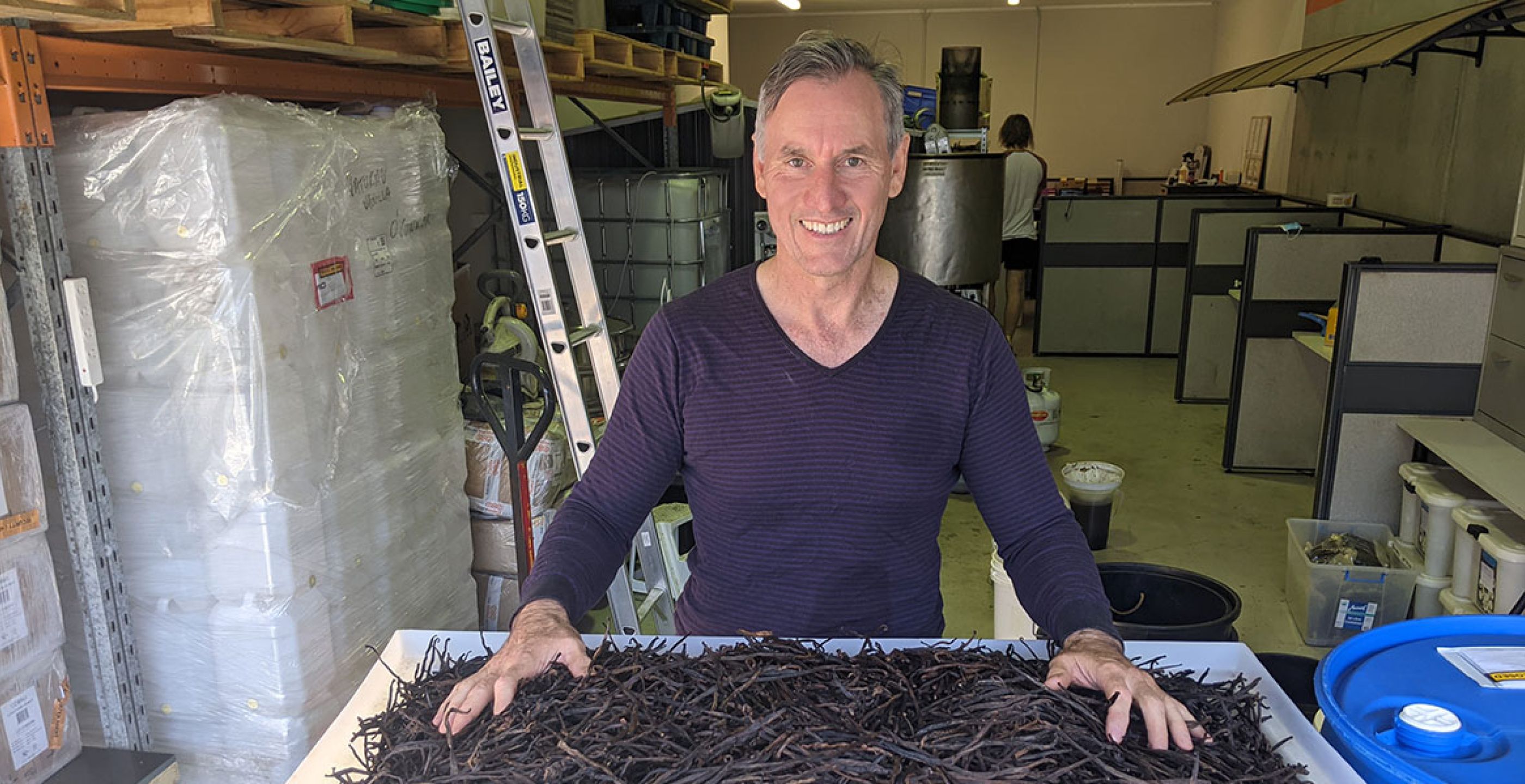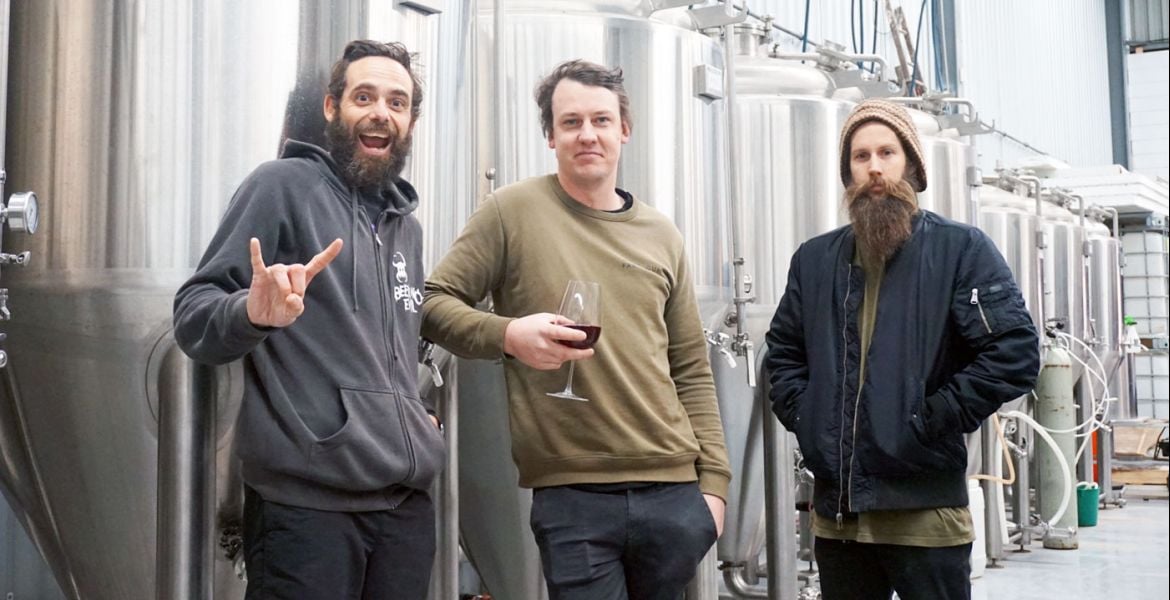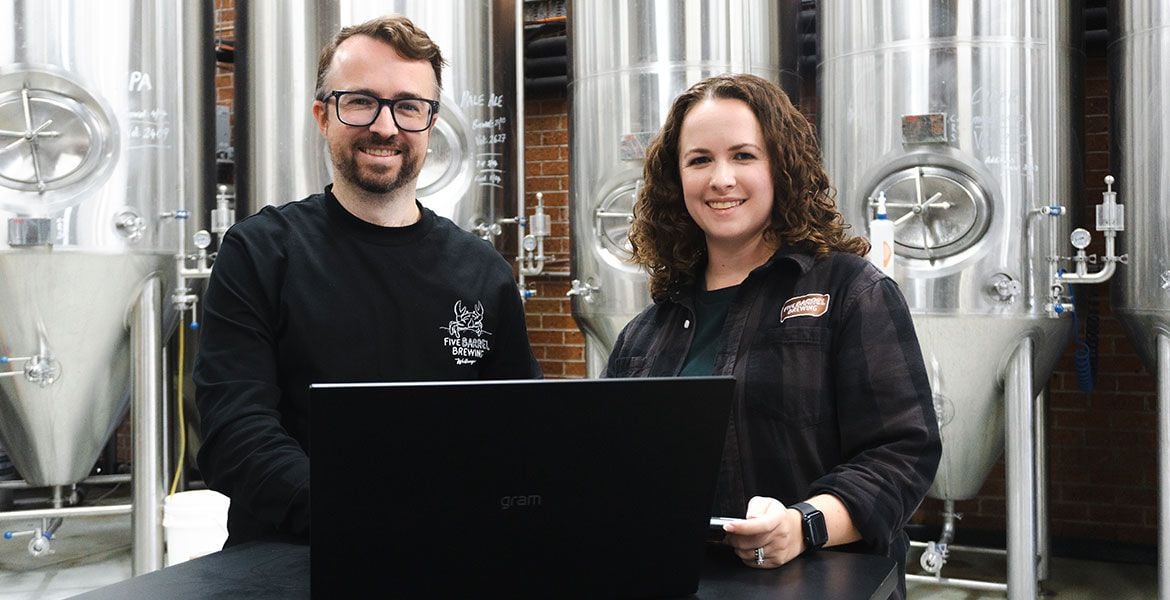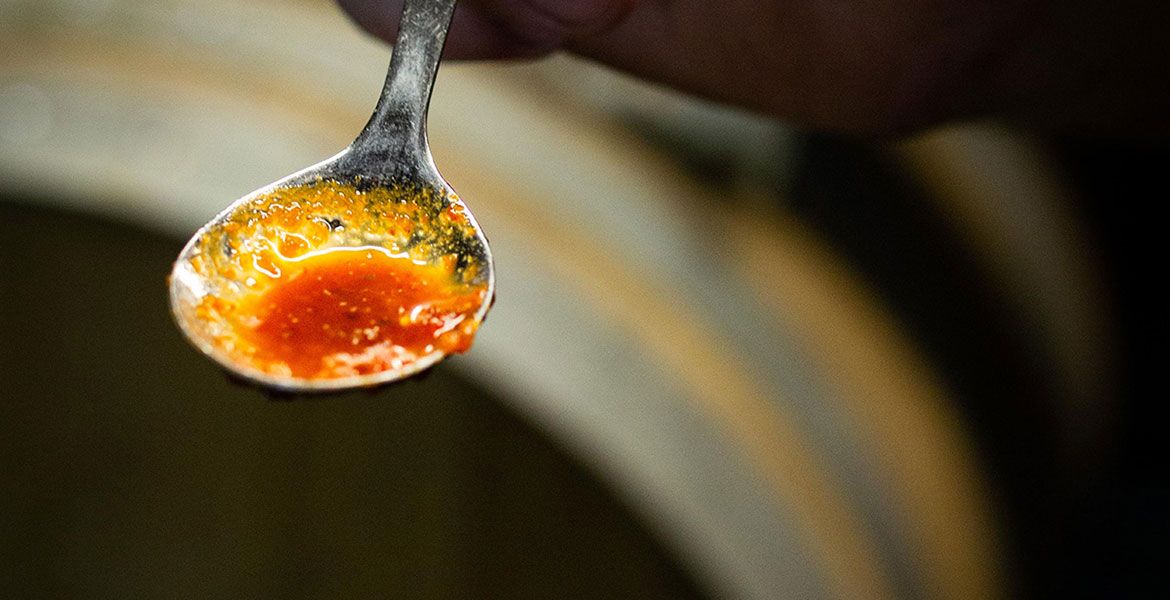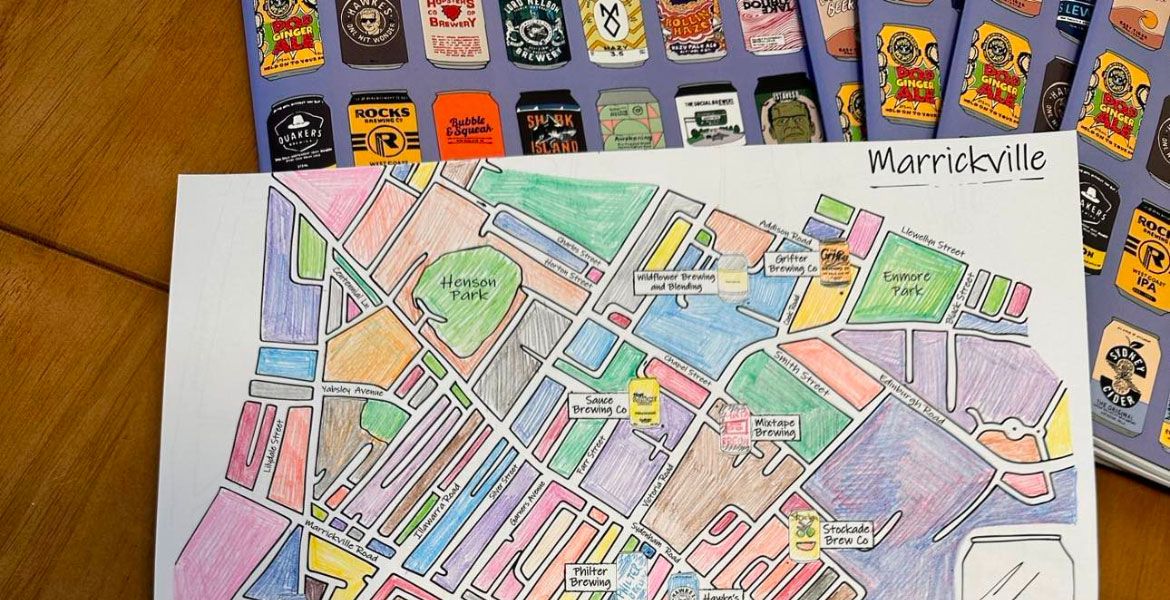Vanilla is one of the most recognisable flavours, but perhaps one of the least considered. Vanilla ice cream? Isn't that just plain?
It's a real shame considering the lengths that people go to in order to achieve the enticing aroma and flavour.
Celebrated by the Aztecs, vanilla originates from Mexico and its orchid fruit pods grow on vines throughout the tropics. Part of the reason for vanilla’s enduring appeal is that, when humans smell or taste, our receptors cleanse after each intake, except in the case of vanilloids.
These fragrances – also found in cocoa and a variety of spices – delay this action, thereby holding on to that scent, and forging a deeper psychological connection. That, and vanilla is mostly linked to positive memories of sweet treats.
Its popularity and the fact it's so labour intensive to farm (more on that below) make it the world’s second most expensive spice – the top spot goes to saffron. Yet, despite its pervasiveness, vanilla is surprisingly difficult to describe, with emotional descriptors like warm, comforting, sensual and exotic often sufficing.
Owen Henderson (pictured above) has run Natural Vanilla since 2009 and currently supplies a large array of Australian breweries, including Stone & Wood, Black Hops, Rocky Ridge, Brick Lane, Bodriggy and many more. Over the past decade, he’s seen an increase in the use of vanilla in the distilling and brewery worlds, first in the UK and now on these shores.
“A few years ago, we started getting some orders from distilleries in the UK," Owen says. "But definitely the last two years have seen a massive increase in interest from brewers.
“Surprisingly enough, we have brewing customers in Italy that say it’s difficult to get quality vanilla products in Italy – likewise in Poland and Spain. We just got an order for 50 litres of extract from Ukraine and send 40 litres to some UK breweries every couple of months.”
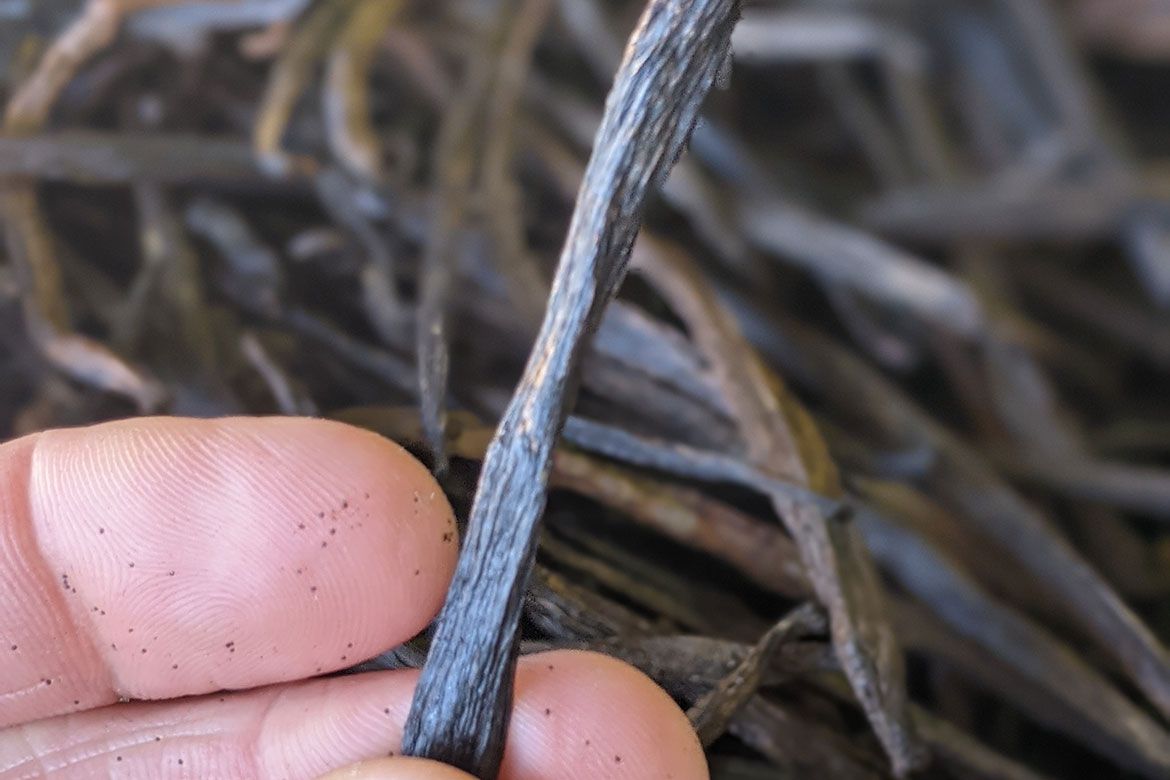
Owen uses vanilla pods source from Madagascar, Indonesia and Papua New Guinea and says that, well before those pods arrive in Australia, it's already undergone a long and finicky process.
“From when the farmer plants a vanilla orchid in the ground, it takes about 18 months before it first produces fruit," he says. "It's the most labour-intensive crop because the farmer has to hand pollinate every single flower by bending the flower into itself, because the insect that naturally pollinates only lives in a certain part of the world.
“After it’s ripened and the farmer picks it, it’s then got to be cured to get the flavour; it’s a chemical process with the vanilla pod which happens over time where it's got to sweat, almost ferment in itself. If the farmers just pick the pod and leave it in the sun to dry, it has virtually no flavour at all; the farmers have got to cure the vanilla correctly to get the quality."
Before being processed, those pods are graded by size, moisture and aroma intensity, while Natural Vanilla supplies those pods but also makes a range of products, including vanilla extract, paste and caviar – the vanilla seed.
“To produce vanilla extract," Owen says, "the cured pods need to be very dry and brittle, in order for it to be ground into fine pieces and then into a pulp which we then boil in the vat, producing 100 litres at a time.
“Once we drain the extract liquid out, we put that pulp through a screw press juicer, and that squeezes all of the moisture out of it. That is then dried, ground further and is retailed as ground vanilla."
It might be a long process but it also means nothing ends up being wasted.
"Once we make the extract, we take the leftover material and dry it, take the seeds out, and what’s leftover, we grind further and turn that into vanilla powder."
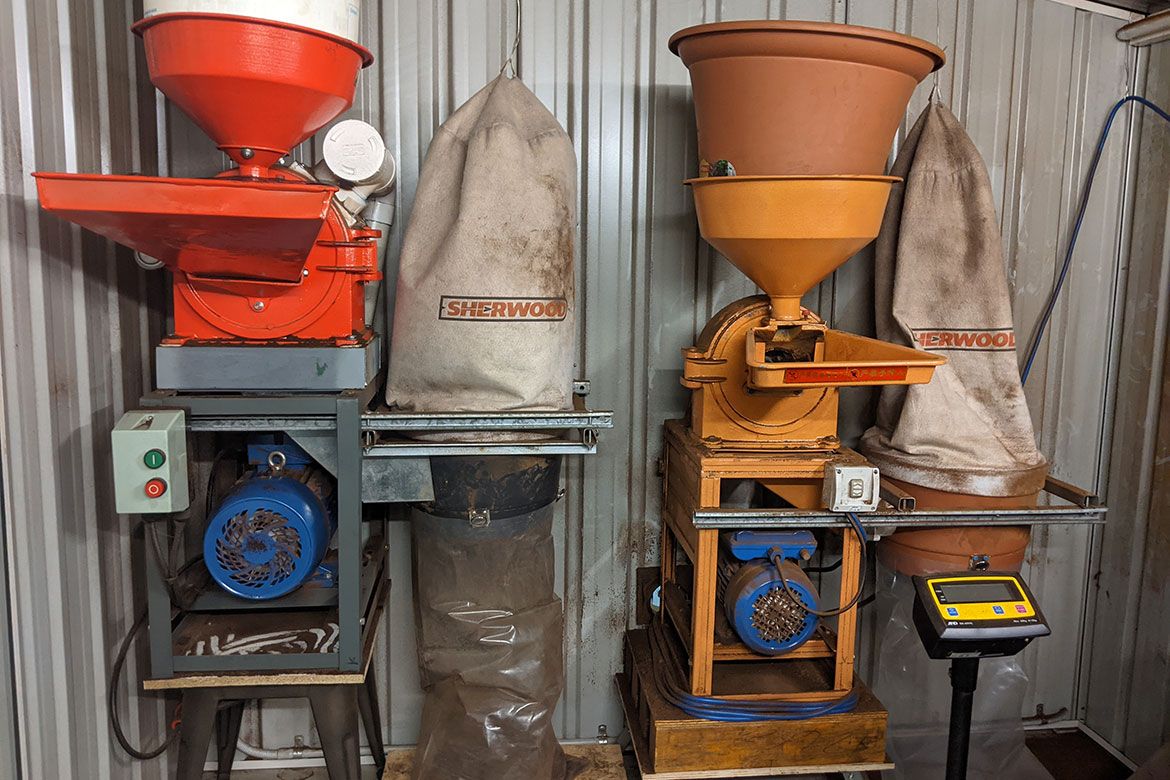
Owen notes that brewers prefer the vanilla extract, unless using spilt pods for barrel-ageing projects, but beyond the brewing industry the scope of vanilla application is immense – one of their biggest buyers for ground vanilla is protein drink companies.
Recent years have seen the price of vanilla fluctuate wildly due to impacts driven by climate change.
“A couple of years ago, the price of vanilla skyrocketed due to a drought in Mexico, and a lot of the vines died which affected the US supply," Owen says.
"So, then a lot of American businesses went to source from Madagascar, and there was a drought there as well, and all of sudden there was a world shortage, and the vanilla prices became ridiculous. It went up to $1,000 a kilo [and] then every region around the world that could start growing vanilla started planting vines, like PNG and Indonesia. And now there’s a massive oversupply, and the price has plummeted. We’re now buying pods at prices that haven’t been seen for five or six years.
“In Madagascar, there’s a decree from the government that they cannot export vanilla for less than $250 USD a kilo, otherwise the price will keep dropping. But, in PNG and Indonesia, the oversupply is increasing."
Owen notes that these global pressures have challenged the industry, particularly during the drought years, but adds they've always strived to ensure they only get their hands on the best stuff.
“We’ve always paid a good price and have policies against child labour and ethical sourcing and the people we supply to demand it," Owen says.
“Vanilla, because of where it’s grown, doesn’t need any fertiliser or pesticides, and there are no insects that can infest it. Vanilla is actually organically grown, but most is not officially certified.
But, given Owen is supply brewers with vanilla, he does have one major wish for the future.
“It’s interesting to see what sorts of beers come out with our vanilla, but I don’t get many samples," he laughs.
"It would be great if I did."
You can find other articles in The Collaborators series here.



